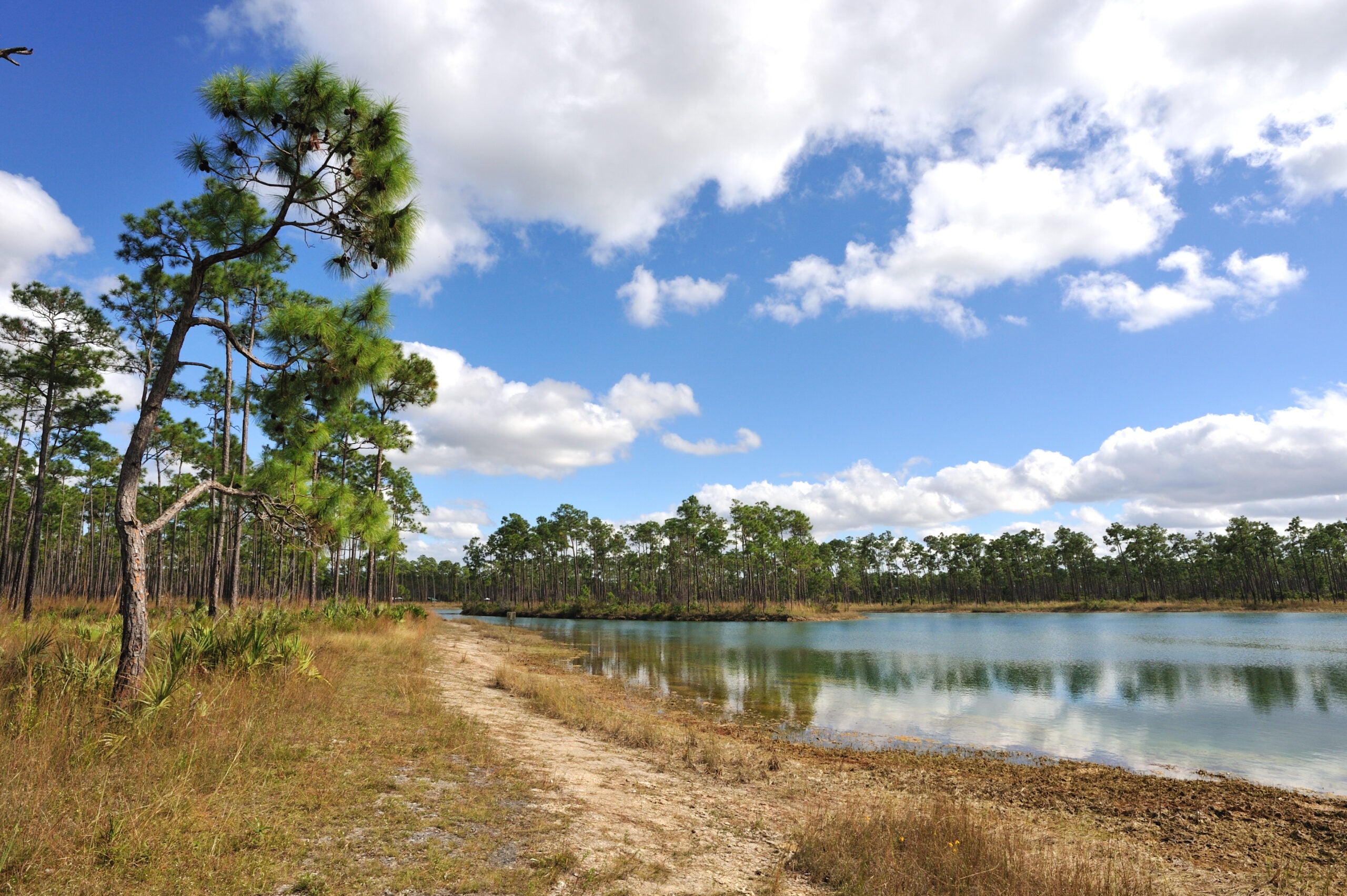Snatching Defeat From the Jaws of Victory
Floridians overwhelmingly approved the Land Acquisition Amendment to the state's Constitution in 2014, but citizens need to remain vigilant to ensure the funding is used for land conservation.

This page was published 10 years ago. Find the latest on Earthjustice’s work.
The most popular thing on the entire statewide ballot in 2014 – more popular than any candidate or issue – was the Land Acquisition Amendment to our state Constitution. We know all too well that Floridians are perennially divided on so many votes, but this one was a landslide, approved by a whopping 75 percent majority.
Now that we've got the Land Acquisition Amendment on the books, we citizens need to watch closely to make sure that special interests and their politician friends don't try to make an end-run around the voters' will.
The amendment ensures that $10 billion over the next 20 years is set aside exclusively for state conservation land-buying and management. The Legislature gets to decide what constitutes buying land for conservation. Already, agricultural lobbyists have their hands out for more corporate welfare. Agriculture is one of the state's largest polluters, and also one of its biggest campaign contributors, with political beneficiaries in both political parties.
We're hearing some disturbing talk, that some want to take the land-buying money we voted for and try to divert it to pay for things that aren't really buying and managing land for conservation. Things like giving corporations tax dollars to pay for facilities on agricultural operations and building sewage treatment plants to subsidize the construction of more residential subdivisions on what is now agricultural land. Those things do not meet the intent of the Land Acquisition Amendment.
Floridians have made it clear that we want the land and water of our beautiful state conserved as a legacy for future generations. We want a green infrastructure that preserves the very assets that make this a great place to live. We want clean water to drink, and to fish, swim, and surf in. Remember that the drive to pass the amendment came out of frustration that the state's governor and Legislature were, year after year, starving our state's "Florida Forever" conservation land-buying program. Although the money was supposed to be set aside for conservation, it kept getting diverted into the state's general revenue fund. In the past five years, while real estate was available at rock-bottom prices, Tallahassee politicians slashed the state's conservation land-buying program by 95 percent.
To get around these political shenanigans, the citizens' drive that became the Land Acquisition Amendment was born. The initiative is not a new tax; it merely takes an existing state tax source (the documentary stamp tax paid on all Florida real estate transactions) and earmarks it permanently to conservation.
And now it is part of our state Constitution. We know from experience how ugly the deal-making can be at the Legislature, so we all need to stay vigilant to protect our victory. Our state leaders, who have been busy starving and dismantling environmental programs for years at the behest of corporate polluters, should take notice of this very clear message from the public they are elected to serve.
In overwhelming numbers, the public wants land and water conserved. The Legislature starts its committee meetings at the beginning of 2105, and the full 60-day legislative session happens in the spring. We all need to make sure our local lawmakers know this when they go to Tallahassee: We have spoken, and we want the Land Acquisition Amendment to do exactly what it says: acquire land to conserve Florida's land and water.
This story was originally posted by the Pensacola News Journal on January 12, 2014.
The Florida regional office wields the power of the law to protect our waterways and biodiversity, promote a just and reliable transition to clean energy, and defend communities disproportionately burdened by pollution.